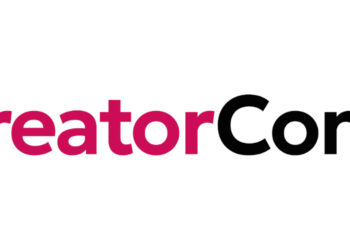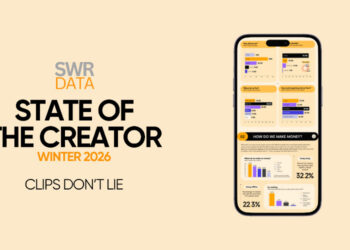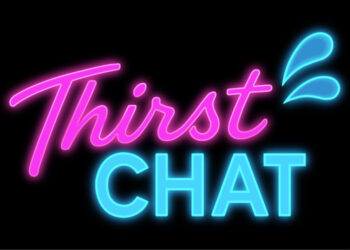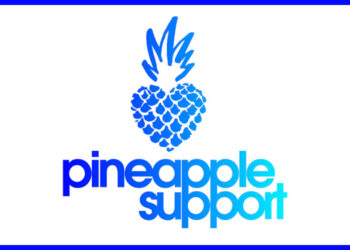WASHINGTON, DC — An agreement between three of the largest U.S. internet service providers and the New York Attorney General is being hailed by child-advocacy groups as a major step toward curbing child pornography. First Amendment advocates and financial processors, on the other hand, say the deal — which requires the ISPs to block newsgroups and websites suspected of distributing child porn — could violate constitutional guarantees and make child abusers more difficult to track.The Financial Coalition Against Child Pornography, a group formed by credit-card issuers and ISPs in an effort to cut the financial legs out from under cybercriminals, will issue a report later this month that states the more government and private groups lean on child pornographers, the more creative they become in financing their enterprises.
“One of the first things that happened when we began shutting down the credit-card [processing] avenue is that these guys began to look to other ways to get money quickly,” Ernie Allen, president and chief executive of the National Center for Missing & Exploited Children, told the Washington Post.
Instead of traditional funding methods, cybercriminals have turned to anonymous payment systems in the U.S. and abroad. PayPal clones and currency exchanges are commonly used avenues, Allen said. One of the primary culprits is Belize-based WebMoney, which allows users to fund anonymous accounts using money orders and in-person cash deposits at physical locations worldwide. The system often is utilized by online gamblers for similar reasons, according to Reno, NV, lawyer Mark Schopper.
“The government says that we don’t want people to have legitimate means to promote or pay for this kind of material, but the flip side of that is that if Uncle Sam were to let this alone, they could more easily track the consumers of this material through the credit card system,” Schopper told the Post. “In the end, all they’re doing is pushing both [child porn and gambling] further underground.”
Anonymity is a key ingredient to making any illicit system work, but even the heinous nature of child sexual abuse should not allow government agencies to violate the First Amendment without court oversight, according to John Morris, general counsel for the Center for Democracy and Technology
“No matter how bad this content is, efforts to regulate or stop this content still have to comply with our Constitution,” he told the Post.
The New York deal is expected to have ramifications nationwide for customers of Sprint Nextel, Verizon Communications and Time Warner Cable. The providers agreed to block sites on a list provided by the NCMEC and collectively pay $1.125 million in fines that will fund additional efforts by the New York Attorney General’s office and the NCMEC.
New York Attorney General Andrew M. Cuomo said he expects other ISPs to sign similar deals with his office soon.
The deal closes an eight-month investigation into the policies and procedures of the three signatories. New York investigators, posing as consumers, filed complaints with the ISPs, who are required by law to report confirmed child pornography to the NCMEC and shut down any sites on their servers. According to the investigators, some of the complaints were not acted upon in a timely manner. Allen said that’s not uncommon among ISPs.
“It has been a slow process to get companies to take [the NCMEC’s] list and take these Web sites off their systems,” he told the Post. “AOL is doing it; Verizon is doing it. But the numbers are still relatively small.”












